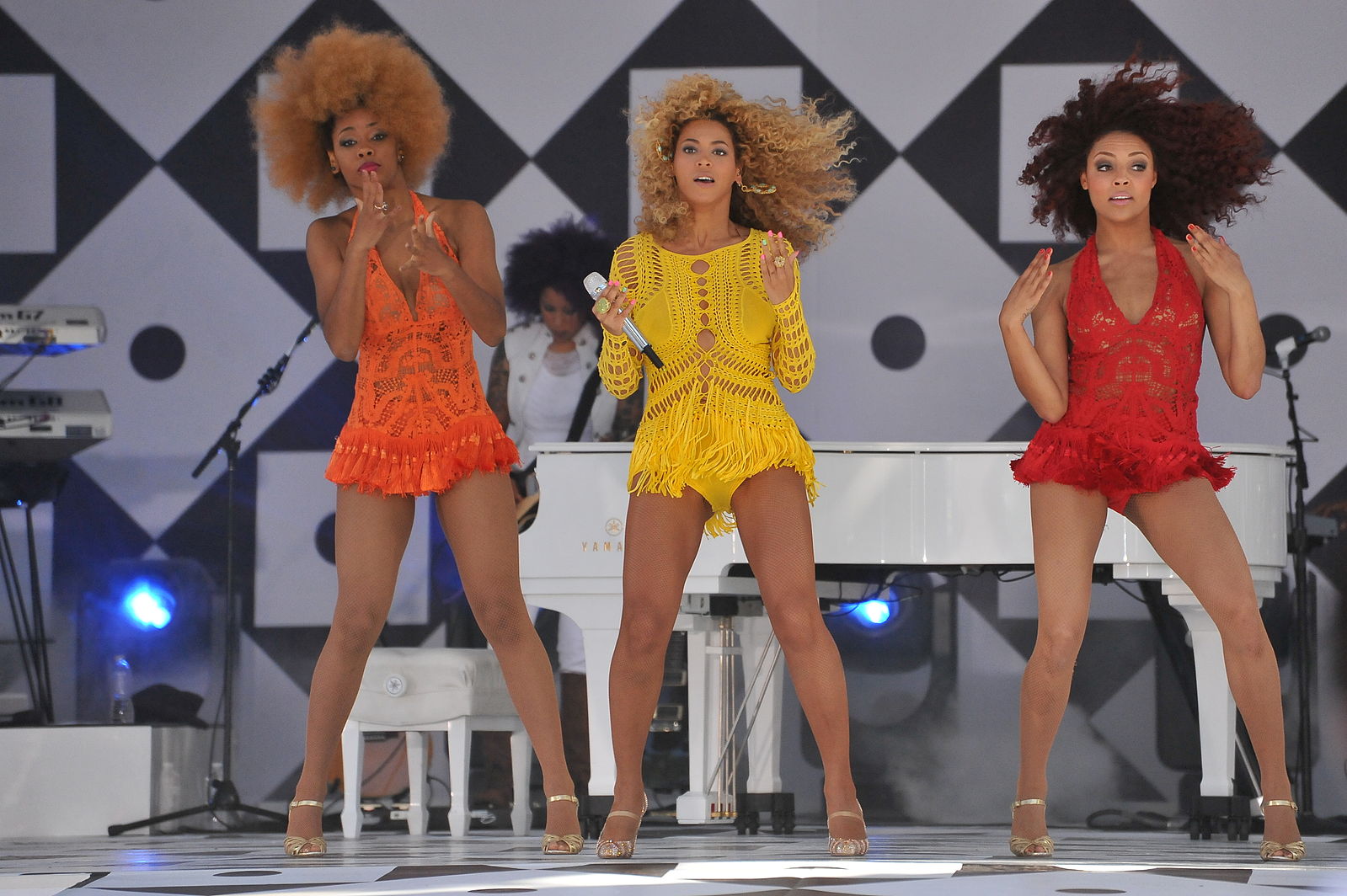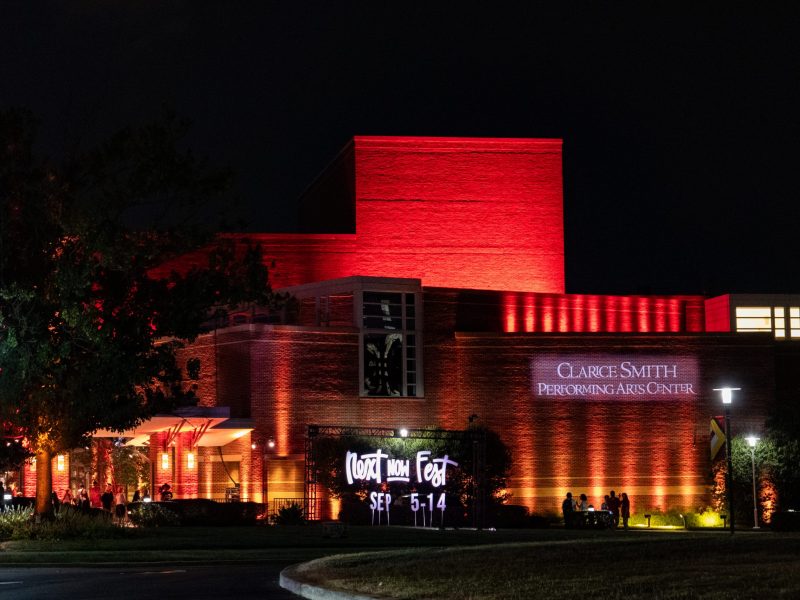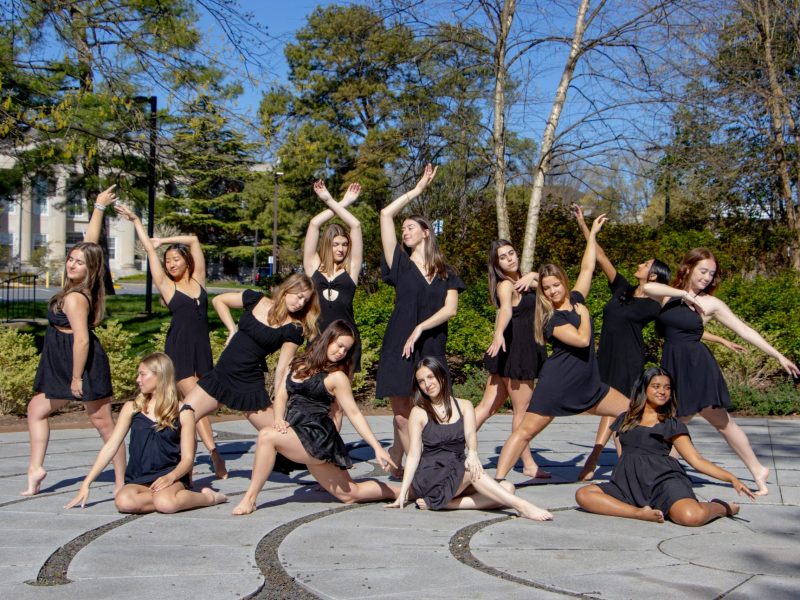The record-setting Eras Tour, the “Barbenheimer” box office boom and Jada Pinkett Smith’s tell-alls are all a part of a sphere of society that has taken over higher education: popular culture.
A growing list of top universities — from NYU to Stanford — have launched courses focused on Taylor Swift’s discography and cultural impact across the last two years. This university offers a course on 20th century British pop culture with discussion topics that range from the royal family to The Great British Bake-Off. A university in Denmark’s Beyoncé-themed course dates all the way back to 2017. But why are college students experiencing a current renaissance of pop culture-themed coursework?
For Renina Jarmon, a lecturer at this university who teaches a course titled “Black Women in Popular Culture: From Blues to Beyoncé,” it’s all about how students are getting their information today.
“I think that there is a desire to not only look at pop culture, like the actual content itself, what kind of films, what kind of books celebrities are writing, but also: how are young people, how are students finding the information?” Jarmon said. “The courses have been evolving across universities, across the U.S., but now they’re popular in a way and there’s more than one.”
Popular culture is any content that has been mass produced and mass consumed. It can influence how people think, behave and interact with broader societal trends.
[From old Scottish folk to Dolly Parton: UMD a cappella groups perform at Memorial Chapel]
Jarmon has taught her course about Black women’s creative contributions to popular culture since 2015. It differs from other pop culture-centered courses because of its distinct focus on Black women’s experiences.
The class begins with an exploration of Billie Holiday in the 1940s and 1950s and continues to the contemporary movement with artists such as Beyoncé by studying music, film, music videos and novels. Jarmon’s hopes to ensure that Black women in popular culture continue to have a lasting legacy through the course.
“Young people need to understand the variety of stories that help make up the great American story,” Jarmon said. “This course is important to avoid repeating past patterns of erasing or minimizing these vast contributions that Black women have made.”
Through all of her years of teaching, Jarmon said she has found college students have an innate interest in learning through the lens of culture.
Freshman biological sciences major Isabella Amador, a reporter for student radio station WMUC 88.1 FM’s “Drop the Pop” show, loves engaging with pop culture. She feels course connections to pop culture can help explain concepts to students better and is interested in exploring this university’s offerings within the subject field.
“I think that learning is always best when you can make a personal connection somehow,” Amador said. “If you can make a personal connection through Beyoncé or through Taylor Swift, I think that’s a great way to learn.”
In her course, Jarmon teaches students to focus on what certain cultural works mean rather than emphasizing the circumstances that created them. Decentering aesthetics and the artist’s relationships and struggles allows students to see the work for its intended purpose, Jarmon said.
There is also a clear intersection between politics and pop culture, especially when examining Black artists’ contributions to creative industries. Jarmon consistently works to incorporate artists such as Toni Morrison and Beyonce into her courses because they show the importance of allowing Black women to tell their stories on their own terms.
[UMD art professor hopes to inspire change through SEE’s sustainable fashion workshop]
“What’s key about Toni Morrison is that she was really clear on the fact that African American life is worthy of being depicted well, with care with grace and with nuance, even if the reviewers didn’t really care for it,” Jarmon said.
For Aeirss Prince, a sophomore government and politics major, being able to give and remove platforms for certain voices through pop culture curriculum is inherently political.
Certain famous celebrities can influence pop culture in massive ways without people having the tools to critique their sway, Prince said. Pop culture icons and political figures both provide reflections of modern society back to the people who learn about them, she added.“Pop culture itself, it really can influence not only political discussions, but how we view representation and diversity,” Prince, who is also the student engagement director for this university’s Black Political Society, said. “It’s not only like what we like individually, but it’s also like who represents us and who kind of connects with us in some way. So I think they sometimes can really go hand in hand.”



